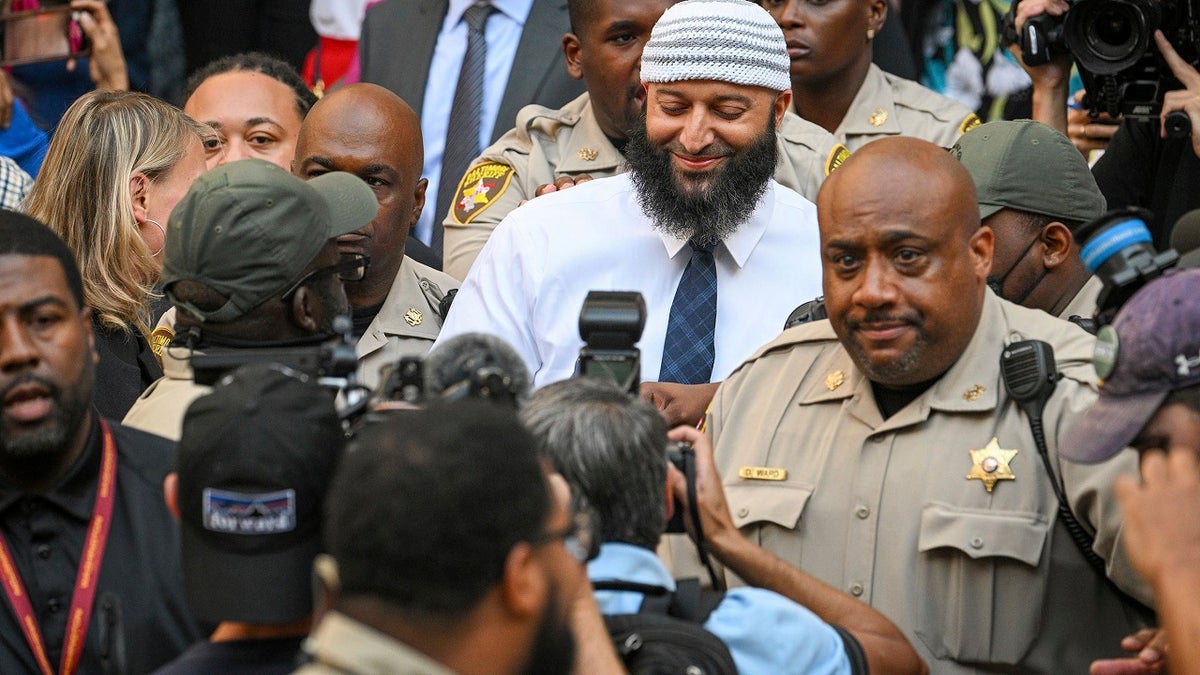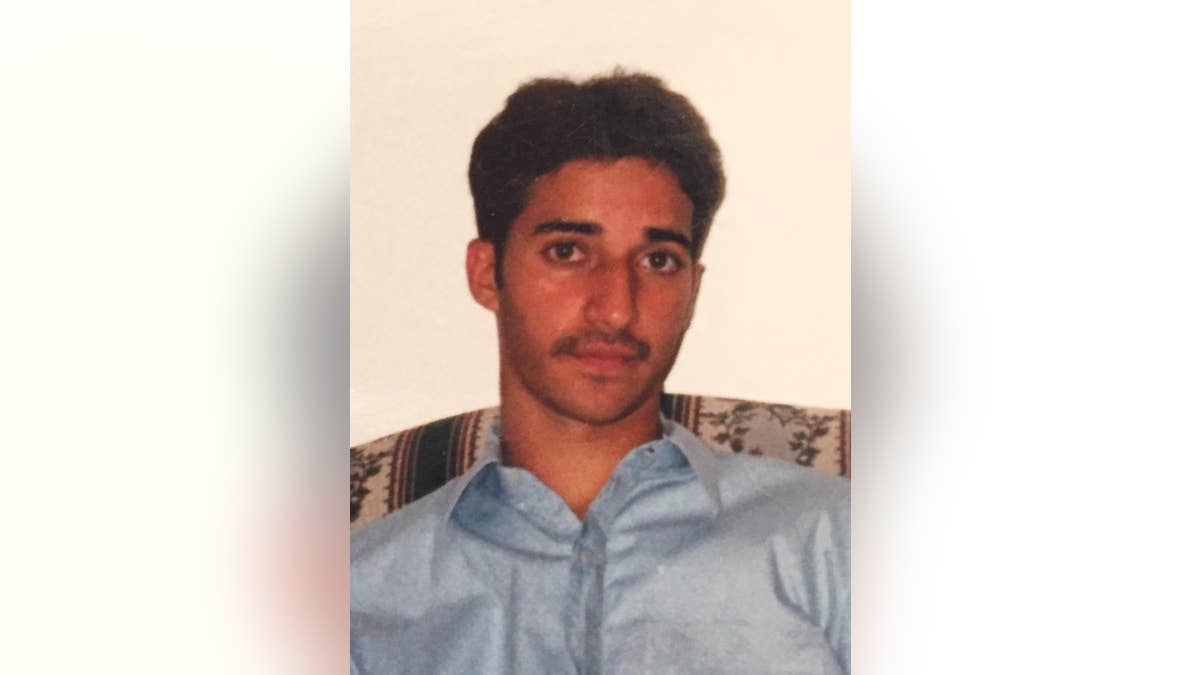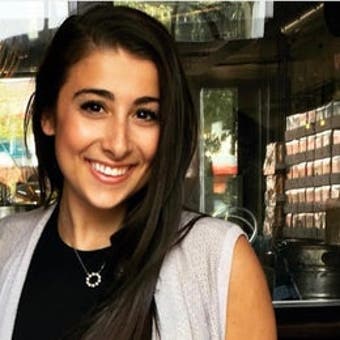Adnan Syed freed after judge vacates murder conviction
Independent Women’s Forum May Mailman and criminal defense attorney David Bruno discuss the latest in the Adnan Syed case on ‘Fox News @ Night.’
Most or all of the evidence that led to accused killer Adnan Syed being freed from a Maryland prison and his conviction tossed has been available for more than two decades, said the creator of a true-crime podcast that helped free him.
In a new episode of the "Serial" podcast released Tuesday, a day after Syed walked out of court following the vacating of his murder conviction, host Sarah Koenig noted that most or all of the evidence cited in prosecutors' motion to overturn the conviction was available since 1999.
"Yesterday, there was a lot of talk about fairness, but most of what the state put in that motion to vacate, all the actual evidence, was either known or knowable to cops and prosecutors back in 1999," Koenig said in concluding the new episode. "So even on a day when the government publicly recognizes its own mistakes, it’s hard to feel cheered about a triumph of fairness. Because we’ve built a system that takes more than 20 years to self-correct. And that’s just this one case."
Syed’s case was the focus of the first season of Koenig’s podcast, "Serial," in 2014. In Tuesday’s episode, she said Syed’s case involved "just about every chronic problem" in the system, including unreliable witness testimony and evidence that was never shared with Syed's defense team.
On Monday, Circuit Court Judge Melissa Phinn in Baltimore ordered Syed's release after overturning his conviction for the 1999 murder of high school student Hae Min Lee, Syed's ex-girlfriend. Syed was 17 at the time of Lee’s slaying and has always maintained his innocence.
‘SERIAL’ PODCAST SUBJECT ADNAN SYED'S CONVICTION SHOULD BE VACATED, PROSECUTORS REPORTEDLY ARGUE

Adnan Syed, center, the man whose legal saga spawned the hit podcast "Serial," exits the Cummings Courthouse a free man after a Baltimore judge overturned his conviction for the 1999 murder of high school student Hae Min Lee, Monday, Sept, 19, 2022, in Baltimore. (Jerry Jackson/The Baltimore Sun via AP)
At the behest of prosecutors who had uncovered new evidence, Phinn ordered that Syed’s conviction be vacated as she approved the release of the now-41-year-old.
‘SERIAL’ PODCAST SUBJECT ADNAN SYED GRANTED NEW TRIAL

Adnan Syed, center, leaves the Cummings Courthouse, Monday, Sept. 19, 2022, in Baltimore. A judge has ordered the release of Syed after overturning his conviction for a 1999 murder that was chronicled in the hit podcast "Serial." (Brian Witte/AP)
Phinn ruled that the state violated its legal obligation to share evidence that could have bolstered Syed’s defense. She ordered Syed to be placed on home detention with GPS location monitoring. The judge also said the state must decide whether to seek a new trial date or dismiss the case within 30 days.
The Baltimore prosecutor’s office filed a motion last week to vacate Syed's conviction, a filing that Koenig described as a "firework" coming from the same office that asked a jury to convict Syed more than two decades ago.
CLICK HERE TO LISTEN TO TRUE CRIME PODCASTS FROM FOX NEWS

An undated photo provided by Yusuf Syed shows his brother, Adnan Syed. (AP Photo/Courtesy of Yusuf Syed)
CLICK HERE TO GET THE FOX NEWS APP
"The prosecutors today are not saying Adnan is innocent. They stopped short of exonerating," she said. "Instead they’re saying that ‘back in 1999, we didn’t investigate this case thoroughly enough. We relied on evidence we shouldn’t have and we broke the rules when we prosecuted. This wasn’t an honest conviction.'"
The Associated Press contributed to this report.














































